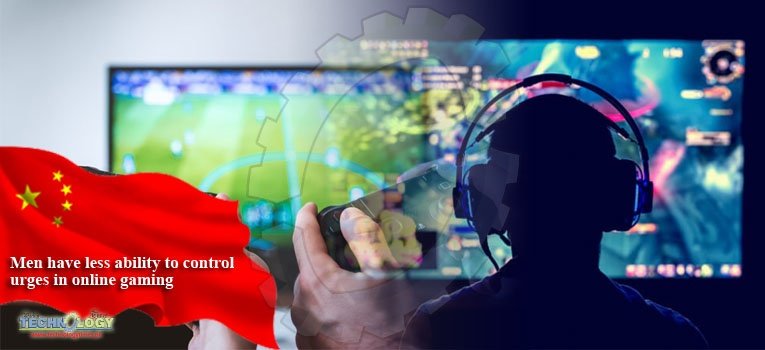A new study by Chinese researchers using medical imaging has found differences in the brain activity of men and women addicted to internet online gaming.

The study, published in the international journal Brain Imaging and Behavior, says addicted men have lower impulse control compared with women, indicating that men are more likely to become addicted to internet gaming.
Researchers from Renji Hospital, which is affiliated with Shanghai Jiaotong University, recruited 105 Chinese participants for the study, which had two groups-one with 32 men and 23 women addicted to gaming, and the other with 30 men and 22 women who were not addicted.
The addicted participants were recruited from the Shanghai Mental Health Center.
They completed a diagnostic questionnaire for gaming addiction, and reported their gaming history and number of hours playing per week. Researchers also talked with their families to confirm the information.
All participants underwent resting-state functional magnetic resonance imaging, or fMRI, a widely used medical imaging technique to measure brain activity.
Through MRI scans, researchers found that men addicted to gaming had lower brain activity in the left superior frontal gyrus, a brain region associated with impulse control, than nonaddicted men. The lower the activity levels, the poorer the impulse control.
Addicted women, however, showed no differences compared with the healthy female group.
Researchers also studied the functional connectivity between brain regions, which were lower in men with addiction than in nonaddicted men, but showed no differences in the female groups.
The study had its limitations. For example, it failed to match the gender of addicted people completely, and it did not find significant differences between addicted men and women. In addition, most of the participants were adults, and so more, and younger, samples are needed in future studies, the researchers said.
Despite such limitations, the findings suggest that activity levels displayed in the brain region could be biomarkers to evaluate the behavioral inhibitions of gaming-addicted men, they said.